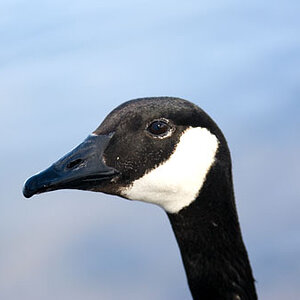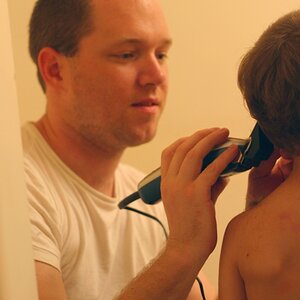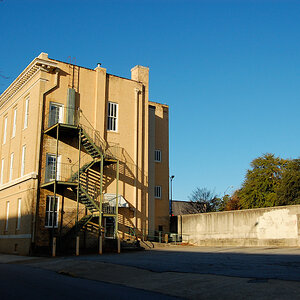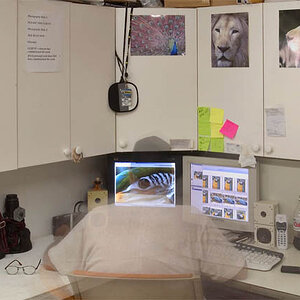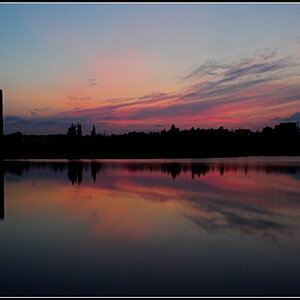goodguy
Been spending a lot of time on here!
- Joined
- Dec 5, 2012
- Messages
- 5,555
- Reaction score
- 1,121
- Location
- Toronto Canada
- Can others edit my Photos
- Photos OK to edit
Interesting comparison of the 2 sensors and two cameras on the DXO site.
DxOMark - Canon EOS 70D review: how does the new dual pixel CMOS AF sensor perform?
I think for those who look for mostly still photography the D7100 looks like the superior camera.

DxOMark - Canon EOS 70D review: how does the new dual pixel CMOS AF sensor perform?
I think for those who look for mostly still photography the D7100 looks like the superior camera.




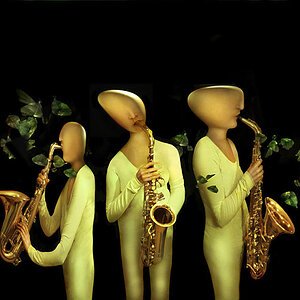


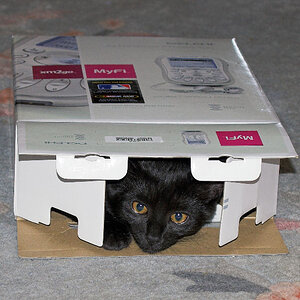

![[No title]](/data/xfmg/thumbnail/32/32639-1358bee897449f9a4a38676097b475d5.jpg?1619735555)
![[No title]](/data/xfmg/thumbnail/31/31756-ed344608f5fc9a69ff1d67dc7d03161c.jpg?1619734993)
